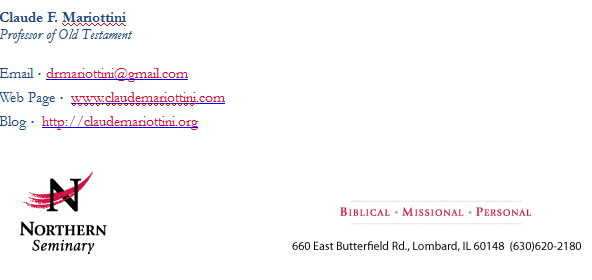According to a recent article, more than 350 new translations of the Bible have been published since 1900. Donald L. Brake, writing for The Washington Times, has a good article on selecting a Bible for person use. Below is an excerpt from Brake’s article:
The growing numbers of new translations flooding the market are giving multiple and diverse choices to the Bible customer. But with the choices comes confusion. The blessing of having so many versions may also become a source of fear. Can we really know which version is the right one? The responsibility rests on individuals to research and compare the purposes of the each translation to see if it meets their expectations.
Bible publishers today know a new translation of the Bible will bring financial benefits. If a publisher owns the rights to a new translation, they can insist other books they publish on biblical topics use their translation. Customers will then benefit from having the new version when reading the other biblical help books.
It has been said that over 350 new translations of the Scriptures have been published since 1900. The question of which Bible is the best is not easily answered.
At the end of the article, Brake asks five questions to people selecting a Bible for personal use. According to Brake, the answers to the five questions will provide readers with the information they need to select a Bible for personal use.
Read Brake’s article here.

















I take case with his second question: “Does it comprehend the original intent of the author? The goal of a translation is to arrive at the same impact on modern readers as was intended to the original readers. Is the same impact achieved in emotions, content, and motivation?” First of all, this assumes that my understanding of the author’s original meaning is faultless allowing me to vet the translation’s interpretation. Secondly, it assumes only one intended meaning, which negates intentional double meanings, layers of meaning, and double entendres.
LikeLike
Andrew,
If the intent of the author was to covey a double meaning or a double entendres, should not the translation convey the intent of the original author? Look at 2 Samuel 21:19. Then compare the NRSV and the ESV with the KJV and the NIV 2011 and tell me: which versions provide the best translation according to the original intent of the author? If you want my views on 2 Samuel 21:19, I have written several posts on this text.
Claude Mariottini
LikeLike
In your opinion, which English translation would be the best for the common person to read and be able to understand? I realize that academics would have a need for a literal translation, but would that be the best for the rest of us?
LikeLike
John,
For people who want a good translation, I recommend the ESV. The NLT is also good for people who want an easy translation to follow.
Claude Mariottini
LikeLike
Utterly agree Claude. I bought a ESV this year… A Today’s NIV was it 2 years ago and found it very good And I read cover to cover a NLT I’ve had for some time. I started with RSV very good until saturated with fuel oil (kept in plastic bag as I must get my hand made notes from it) and NKJV much easier than KJV – some of the English has changed so much – BUT the poetry and the Power of some the words…. Arise…… except why add brother in the Samuel 21:19
I have a “Message” but find the English very difficult/silly. Good News is milk but not meat same for TLB and neither are for serious study – TLB is too misleading
I still use a windows 3.1 version of QuickVerse when comparing versions for verses like the Samuel and Goliath you mention But Google search really does as well.
QV KJV and TLB sy brother but NIV doesn’t and indeed no brother in QV Hebrew
ESV and NSRV do not say Brother
But TNIV does say brother (why did it change?) as does NLT
Anything you have found wrong in ESV?
LikeLike
Ron,
The ESV follows the tradition of the RSV; that is the reason I like it. I have not used the ESV long enough to make a definite judgment about its reliability. I used it one quarter and found some issues with it, so I stopped using it. At the moment I cannot remember what the issues were.
Claude Mariottini
LikeLike